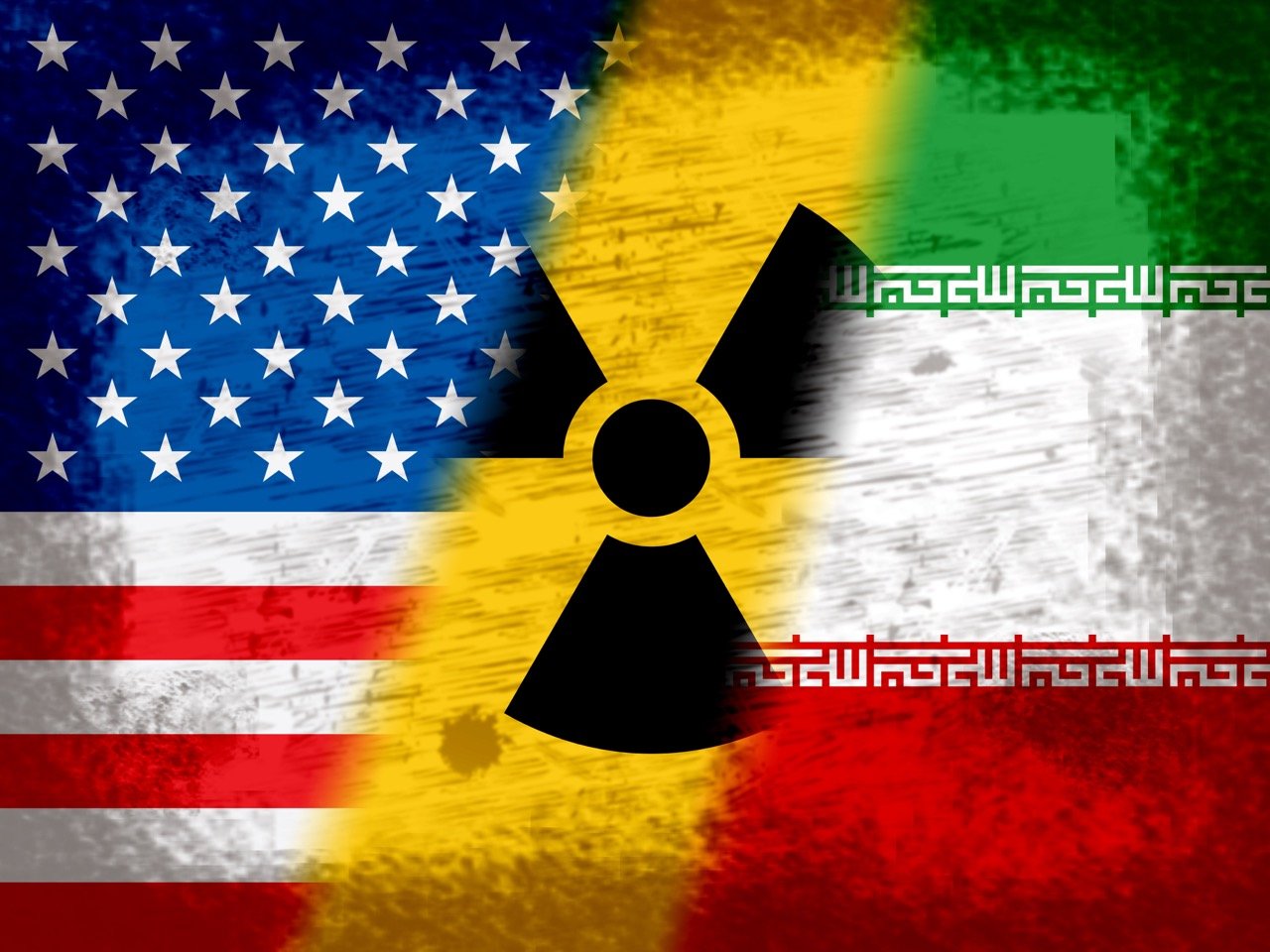Israeli Defense Minister Yoav Gallant has been in a very difficult position for several months, faced with the need to navigate between Israel's domestic judicial reform crisis and the interlinked crisis of unprecedented cracks in the cohesion of the Israel Defense Forces (IDF).
Time and again, Gallant finds himself at a crossroads. Israel's national security and the cohesiveness of its defense establishment are in jeopardy as a result of the toxic interaction between politics, military preparedness, and the conflict between the government and the judicial branch.
For the time being, the IDF is equipped with the capabilities necessary to successfully carry out its activities. On the other hand, the ongoing pattern (at the time of this writing) of reservists not turning up for their scheduled active service, especially in essential units within the air force and intelligence, might have disastrous consequences if left unchecked.
If this pattern persists and becomes more widespread, it may compromise Israel's capacity to react to broader security challenges. There is no specific estimate of when this may happen, but the military establishment is on high alert in an effort to assuage the worries of the reserves and make the political echelons aware of the seriousness of the issue.
The fact that the IDF is now facing its greatest difficulty in maintaining unity since its founding in 1948 highlights the urgency of the problem, and this issue is eating up Gallant’s time, preventing him and IDF Chief of Staff Herzi Halevi and the General Staff from spending the time they’d like to pour over readiness for war scenarios and Iran.
In order to prevent a schism from developing among the ranks of the armed forces, Gallant has been trying to apply his influence in government to bring the domestic upheaval under control and free the military from its current political impasse. In Gallant's view, the way to achieve this is to achieve a broad consensus over judicial reform and to move on as a nation as quickly as possible to a set of priorities that will serve rather than wreck Israeli interests.
His messages to the public and the ruling coalition, of which he is a part, have reflected this.
"The citizens of Israel and the IDF need unity. Now is the time to put aside our differences and to find what we have in common and what unites us," Gallant urged on September 5.
"I call on my friends in the Knesset to reach consensus and to do so quickly—for the sake of our country and the security of the State of Israel," he added.
Five days later, on September 10, during an address to the World Summit on Counter-Terrorism in Herzliya, Gallant issued one of his most detailed calls for the political system and civil society to rearrange their national priorities, following a description of Israel’s severe plethora of security threats.
"In the face of all these stands the State of Israel. Our military, intelligence, economic, and technological power allow our existence," he stated. In a hostile environment saturated with challenges, Israel has been able to defend itself due to the high-quality commanders and soldiers that it has, advanced weapons, breakthrough technology, and a deep understanding of enemy goals and modus operandi.
And yet, he warned, protecting the State of Israel is conditioned on the Israeli people being able to act in union and close rank.
This ability has been challenged disturbingly by a growing fissure in Israeli society over the feud regarding the balance of power between state authorities, he said.
"The price may be heavy—too heavy in national security contexts —and so major changes are made by broad consensus," he stressed.
"As the head of the security system, I declare here: The continuation of the internal struggle among different currents within the State of Israel seeps into the IDF and other security organizations and exacts a price that the IDF and the security system cannot bear," said Gallant in one of his sternest warnings to date.
"I'm not dealing with the question of who started or who is right. I say: The continuation of the internal struggle endangers national resilience, the Israel Defense Forces, and our ability to ensure security for the State of Israel and protect its citizens."
"How far are we willing to deepen the rift? When do we decide that it is our duty to return to the priorities suitable for the State of Israel?" he asked.
During his speech, Gallant laid out what he said was the correct national priority list, and it began with forming a broad national consensus on the major issues of the day.
"This is a prerequisite for ensuring the national security and continued prosperity of the State of Israel," he stressed.
He then listed the other priorities as preserving Israel's ability to defend itself against its enemies, chiefly against the Iranian nuclear threat and the terror arms sent towards Israel from its borders, followed by normalization with Saudi Arabia and through it with most of the Arab and Muslim world — an objective Gallant said could be missed by Israel if the internal rift continues.
In addition, he said, Israel’s security and political power are based on its economic capability and continued economic growth, which are themselves predicated on innovation and technology.
"It's important to remember that the condition for continued foreign investment, manufacturing, and innovation is stability. Social division and ongoing disputes also harm the vital economic effort for our future and existence," he stated.
Finally, he listed law and order and stopping serious crime in Israel's cities in general and in the Arab sector in particular as the final priorities to defend the social fabric of the country and Israel’s ability to function.
"Given the great challenges ahead, especially the security threats, which might become existential threats, we have to clearly tell ourselves—we have a duty to get back to the main issues. Security, normalization with our neighbors, a thriving economy, and the rule of law and order — all of these precede any other national effort and are more important than it," said Gallant.
"This is the priority; this is the precedence, and everything else can wait for the appropriate time and manner."
In July, indicators of the fissure in the military began to appear as 1,142 reservists, including many from the Israeli Air Force, conveyed an alarming message. They announced their intention to withdraw their participation in active service if an amendment to the Basic Law: The Judiciary, annulling the Reasonability Standard, which limits the Supreme Court's ability to oversee decisions made by the government, was approved. The amendment passed and Gallant has been dealing with the fallout ever since.
In fact, Gallant has been in crisis mode over this issue since at least March. Israeli Prime Minister Benjamin Netanyahu sought to fire Gallant on March 26, 2018, due to his issuing a public warning over the threat posed by the judicial reform issue to unity in the ranks.
There was an outpouring of public outrage that enveloped the whole country in response to the decision, which Netanyahu later overturned.
Ultimately, the unique composition of the IDF, which is comprised of both conscripts and reserve forces, means that no military technology or equipment can substitute a basic level of cohesion for the military to function properly, and this is what Gallant has been seeking to rescue from the fire of Israel’s domestic crisis.









